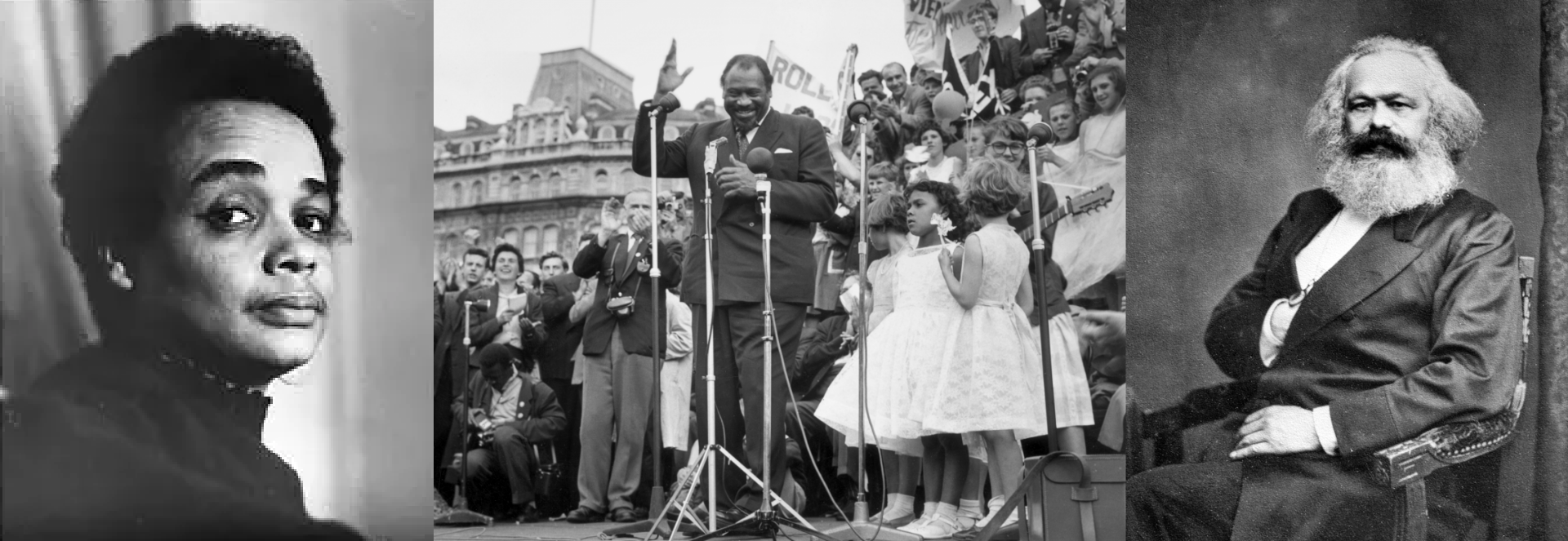The way we get to a goal is as important as the goal itself. More accurately stated, the way we get to a goal is inseparable from and determines how the
goal turns out.
So the process of struggle in arriving at a People’s Board of Education is crucial. It should not be only the product of the ideas of a group of intellectuals, however brilliant and however progressive they might be. A People’s Board of Education should emerge as a product of the power of the people, a power that will be demonstrated in a rising level of popular activism, a power initially symbolic but increasingly real as the movement gains
strength.
Behind the idea of the People’s Board is People Power is a philosophy that the people themselves have the ability, the intelligence, the good sense — with the assistance of educational professionals to whom they turn for advice — to be in charge of providing a system of quality education for their children and/or the children in their communities. The people and only the people can do this, first, because they have
confidence in the ability of all of their children to learn, because their children are dear to them because they understand that children and young people must be treated with respect — a crucial part of the educational process. The people and only the people can do this because they understand that the community must be treated with respect. A vital part of treating the community with respect is treating their history with respect, with honesty. It means telling this country’s real story, including the history of this country’s relationship to the rest of the world. Louis Reyes Rivera calls this a “curriculum of integrity.”
A People’s Board of Education stands in sharp contrast to every other form of educational apparatus which throughout history has served the powers-that-be, ensured that education served the end of social control for the benefit of the well-to-do, the elite, ensured obedience to an unjust status quo and provided a labor force to generate profits for the elite, moreover a hierarchical labor force, with people of color steered toward the lower rungs of the economic ladder — or no rung at all.
The way the People’s Board of Education will emerge will depend upon the strength, the militancy, the organization of masses of parents, students and community people who are determined not only to have a say in how the schools are run (as it is often phrased), but a decisive say.
The People’s Board of Education should take shape in the course of the people’s active resistance to the present racist and repressive system of education in New York City, a system dictated by Wall Street in the person of Mr. Wall St. himself, Mayor [Adams]. We are opposed to mayoral control of education but we are also opposed to any form of control that is not genuine control by the people.
While we cannot and should not lay out a blueprint for the precise shape of the People’s Board of Education, we should begin to promote the idea, should link the ills of our educational system to its true source, the elite, whose interests are diametrically opposed to the people’s needs. We should work to encourage the community, parents and students to have confidence in themselves, as opposed to educational and political authorities who are always denigrating and insulting them, encouraging dependence and deference.
Finally, there is a need to explain the benefit to all children and communities of accepting educational leadership from peoples of color. For the history of this country teaches that leadership that truly reflects the masses of communities of color will be guided by humane values, by attachment to social justice, will appreciate the capacities and personhood of all children, expressed in the methods of teaching, the atmosphere in which learning takes place, and the refashioning of a curriculum which has always been Eurocentric and saturated with upper class bias.





